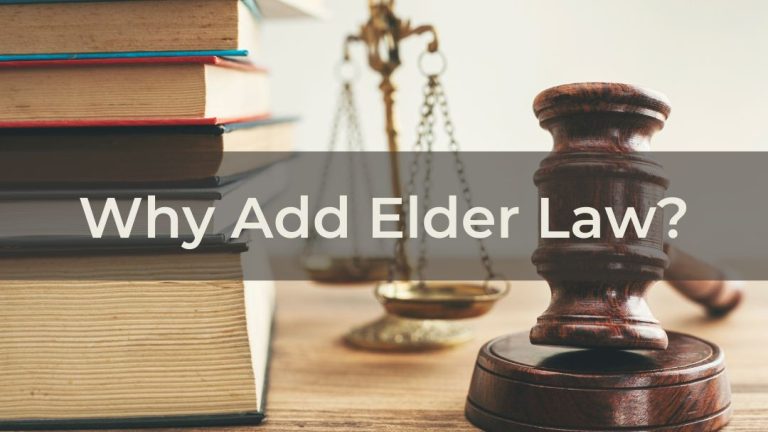Medicaid Recipient Receives Inheritance

Disclaimer: Since Medicaid rules and insurance regulations are updated regularly, past blog posts may not present the most accurate or relevant data. Please contact our office for up-to-date information, strategies, and guidance.
What can you do when a nursing home resident who has already qualified for Medicaid benefits receives an inheritance? The receipt of funds will disrupt program eligibility, assuming they cause the individual to exceed his or her countable resource limit. Several planning options to maintain program eligibility exist, one of which is to use a Medicaid Compliant Annuity.
The Medicaid Compliant Annuity investment transitions the lump sum of countable resources into an income stream. Generally speaking, two Medicaid Compliant Annuity planning options are available, and their use will depend on the family goals.
GOAL A: MAKE A WEALTH TRANSFER
If the goal is to make an immediate wealth transfer to any indented heirs, a Gifting/Medicaid Compliant Annuity plan (also commonly referred to as a half-a-loaf plan) may be the more appropriate technique. A portion of the inheritance would be transferred, and the remainder would be placed into a Medicaid Compliant Annuity so that the applicant may privately pay throughout the period of ineligibility caused by the transfer.
This video case study provides a walk-through of the planning technique:
The major benefit of this technique is the immediate wealth transfer. The major downfall is that the applicant only sees an economic benefit if he/she lives to the end of the penalty period.
GOAL B: MAINTAIN PROGRAM ELIGIBILITY
If the goal is to maintain the applicant’s Medicaid eligibility, a stand-alone Medicaid Compliant Annuity structured over the applicant’s Medicaid life expectancy may be the more appropriate technique. The entire inheritance would be placed into a Medicaid Compliant Annuity holding a payback period identical to that of the individual’s Medicaid life expectancy. The individual would be immediately spent-down, and eligible for Medicaid. The Medicaid co-pay would consist of the total income, less a small personal needs allowance.
The major benefit of this technique is the ability to maintain Medicaid eligibility. The major downfall is that depending on the size of the existing Medicaid claim from benefits paid before the inheritance, and considering the applicant’s longevity, a wealth transfer may not occur upon the applicant’s premature death. The above video will provide further detail as to the wealth transfer.



